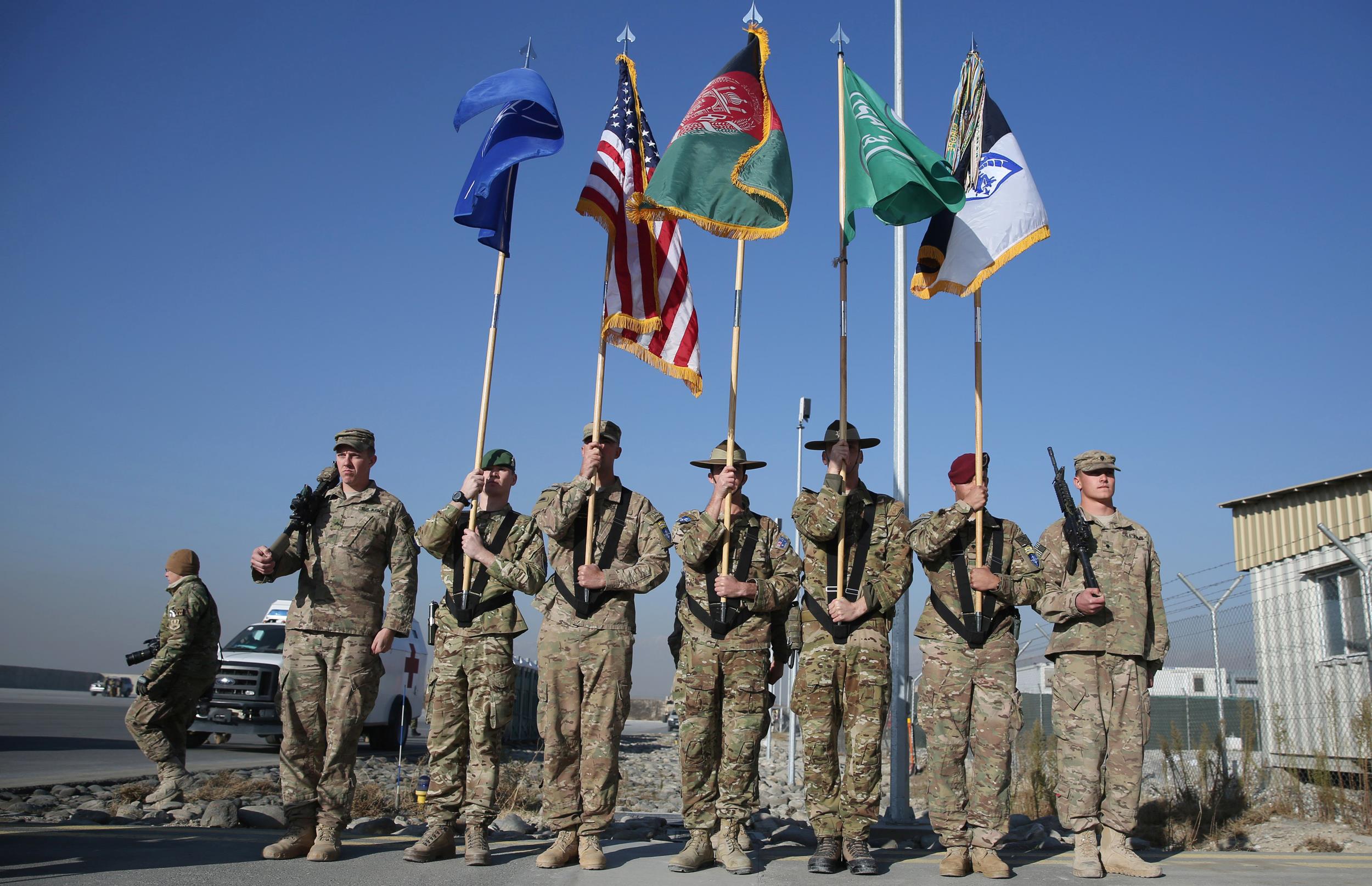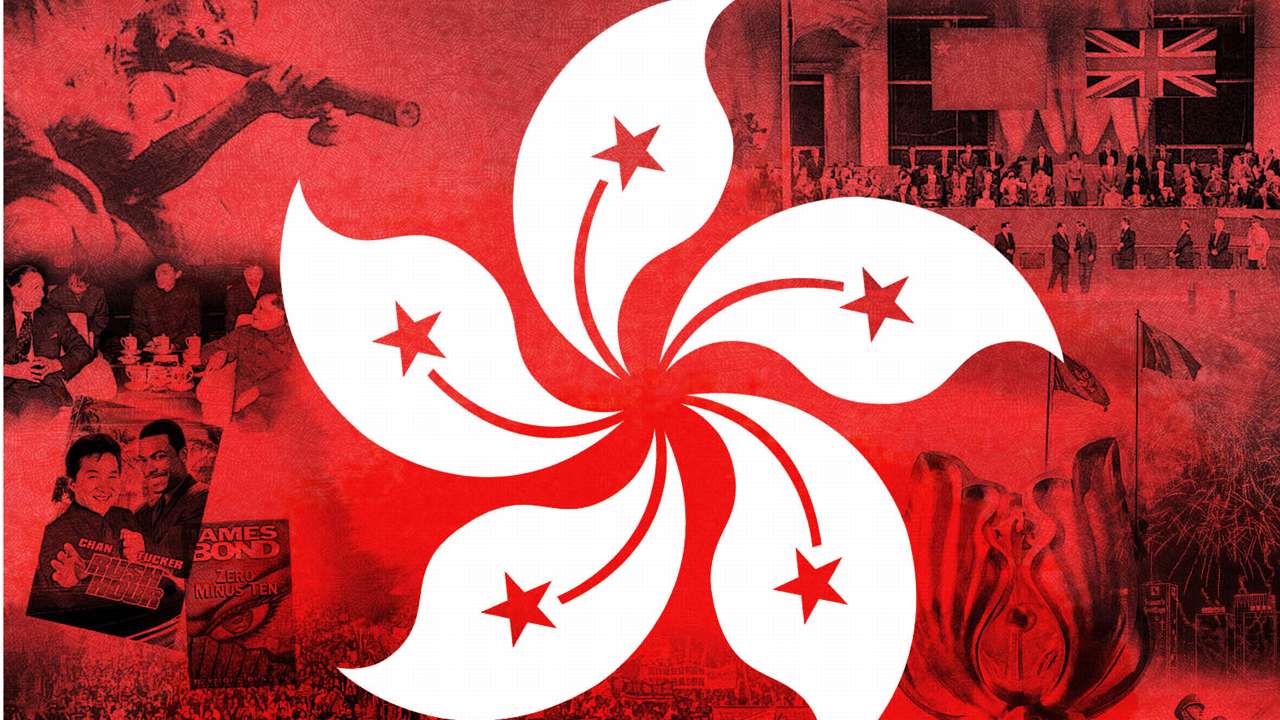The NATO-led International Security Assistance Force officially announced an end to its 13-year long military operations in Afghanistan in 2014. It is no wonder that NATO’s influences are diminishing with the eventual takeover of Afghanistan’s local security forces. As NATO gradually withdraws from the war-stricken nation, its powerful regional neighbours like China, India, and Pakistan have demonstrated interest in renewing diplomatic relations with Afghanistan. On 11 March 2016, Synergy: The Journal of Contemporary Asian Studies hosted the event “Road to Recovery: China, India and Pakistan’s Role in Afghanistan’s Post-NATO Era” at the Munk School of Global Affairs. The four invited panelists, namely Professor David Dewitt from the Department of Political Science at York University, Professor Edward Schatz, Professor Aisha Aimad and Professor Kanta Murali from the Department of Political Science at the University of Toronto examined how the withdrawal of NATO and Western presence in Afghanistan would affect the three countries relationship with the Afghan nation – in terms of their regional security and economic interests.
NATO and the West’s Engagement in Afghanistan Is Not Over Yet
Professor Dewitt started his presentation by remarking that NATO and the West are concerned for Afghanistan’s political and economic transition once they depart the war-stricken nation. Due to these actors’ interests involved and the current political dynamics in South Asia, he believed that the West is still going to treat Afghanistan in the same way as they do in the Middle East by assisting the national authorities in providing effective security across the country. As such, Iran, a long-standing rival of the West is ascending in the region lately. This is a compelling factor that makes a complete withdrawal an impractical option for the West. Furthermore, Afghanistan, with its geographically strategic location, is still a valuable partner that both Russia and the U.S. are always seeking deeper diplomatic ties with. While the national authorities are currently still dealing with the persisting Sunni-Shia tensions and high unemployment rate of the youths, Professor Dewitt stated that there is no reason for the West to withdraw from Afghanistan when all these issues are still a long way from being settled. Professor Schatz, who has a research focus on statehood and identity politics of ex-Soviet Central Asia, then provided his insights that the U.S. and its partners would still need to play a major part in the post-NATO era of Afghanistan. This is because, throughout Afghanistan’s modern history, the country has demonstrated its weakness in conflict management and dependency of the West’s assistance.
China’s Approaches in Afghanistan
Professor Dewitt also indicated that China has always been longing for an opportunity to cooperate with Afghanistan as long as its government is able to stabilize its regime after the withdrawal of NATO. This is because China has demonstrated no sign of changing the status quo of Afghanistan when it comes to its economic interests. Lying in the Eurasian heartland between China and Europe, China has perceived Afghanistan as a key strategic partner in expanding its trade routes to Europe, and more importantly, the Middle East, which has an abundant oil reservoir. Afghanistan would also play a big part in the One Belt and One Road initiative: a significant development strategy recently announced by the Chinese government, in which more than 65 countries would be involved. In fact, in the recent Shanghai Cooperation Organization Summit 2015 and the 4th Ministerial Conference of Istanbul Process, China has stated its will in assisting Afghanistan in its post-war reconstruction. Moreover, since it shares a border with the Xinjiang Autonomous Region of China – which has been suffering from frequent terrorist attacks since the late 1950s, Afghanistan could act as China’s ally in its domestic anti-terror operations.
Pakistan’s Approaches in Afghanistan
Although China’s overarching influence in Afghanistan is inevitable, Professor Schatz stated that its neighbor, Pakistan is also a major stakeholder. Pakistan’s role in Afghanistan should not be neglected. In his presentation, he first discussed about the Turkmenistan-Afghanistan-Pakistan-India (TAPI) pipelines, which transports natural gas from Turkmenistan to both Afghanistan and Pakistan. While Afghanistan could collect millions in transit fees from the project, the high energy demands of Pakistan could also be met. As of now, both Afghanistan and Pakistan are already participating in the Central Asia and South Asia (CASA) 1000 project, an electricity transmission system that is scheduled to launch in 2017. The project will provide stable electricity supply to the two South Asian states.
However, while Afghanistan would benefit from becoming a self-sufficient state after the completion of the above explained projects, Professor Aimad pointed out that the Afghan-Pakistani relations can hardly be normalized if the two states are unable to reach a consensus on the peace negotiations with Taliban. As such, she first stated that the Inter-Services Intelligence (ISI), the intelligence agency of Pakistan, has always been covertly supporting the Taliban within its border. Nevertheless, despite the Afghani public’s disapproval of the Pakistani state’s relationship with the Taliban, Afghan President Ashraf Ghani is aware that excluding Pakistan from the peace negotiation will only further exacerbate the covert relations between Pakistan and the Taliban. In other words, Professor Aimad indicated that mistrusts and sentiments of betrayal due to ISI’s relation with the Taliban could be an obstacle for Pakistan to renew its diplomatic relations with Afghanistan.
India’s Approaches in Afghanistan
While Pakistan is currently co-operating with China on the construction of Gwader Port, a deep-sea port located on the shores of the Arabian Sea as one of the major agendas of the One Belt One Road initiative, Professor Schatz stated that India simultaneously intends to maintain its competitiveness in the region by assisting the Iranian government in building the Chabahar Port, and the trade routes connecting the two states through Afghanistan. Moreover, he stated that India is known as one of the major allies to Afghanistan during its military operations against the Taliban. In the post-9/11 era, India supported the Northern Alliance in Tajikistan, and as the fifth largest donor to Afghanistan, India used to provide military assistance to the Afghani government in fighting against the Taliban. Professor Murali, the chair of the event, has also briefly provided her insights on this topic. She agreed with Professor Schatz’s remark that India is working on maintaining a “check-and-balance” relationship with China and Pakistan by developing an alliance with Afghanistan and Iran, and she specified that the construction of the Chabahar Port trade routes would enable India to build a stronghold in Central and South Asia region. Rising prospects for peace and stability have now put Afghanistan in the world’s spotlight. And, despite the intense competition between China, India and Pakistan over Afghanistan’s diplomatic ties and future, Afghanistan will undoubtedly benefit from such competition.
Arthur Lui is a 2nd year student studying Peace, Conflict and Justice Studies, and Contemporary Asian Studies. Arthur currently serves as a Lead Editor of the Southeast Asia Section at Synergy: The Journal o Contemporary Asian Studies.








